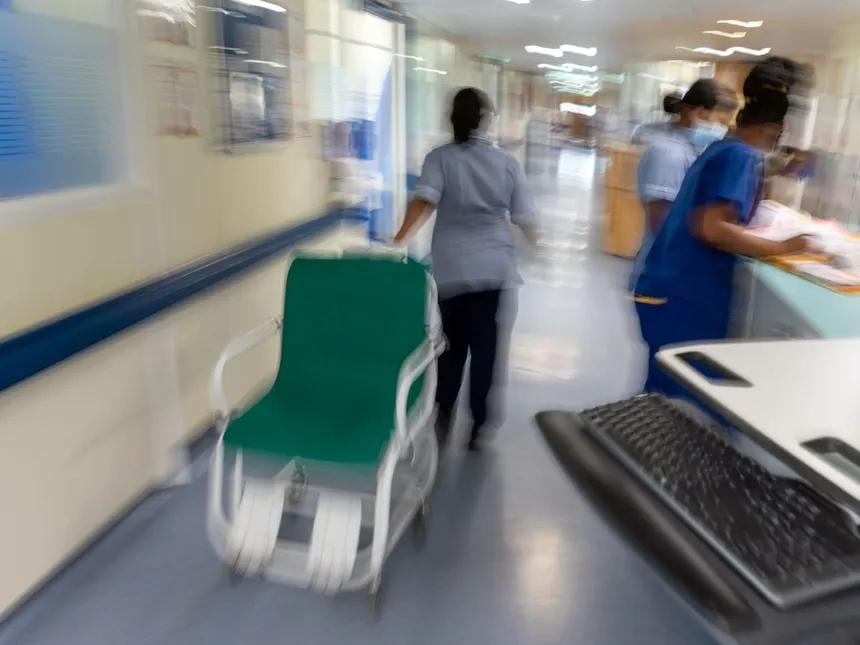Research suggests that almost a fifth of hospitals in the UK had to cancel operations during the peak of last year’s heatwave, which saw temperatures soar to as high as 40C in some areas. The findings, published in a letter to the British Journal of Surgery, are based on surveys of surgeons, anaesthetists, and critical care doctors who worked during the three-day period in July when temperatures were at their highest.
The researchers received 271 responses from 140 UK hospitals, and nearly one in five of these hospitals reported that elective surgeries had been cancelled as a result of the heatwave. Another third would have had to cancel surgery had the high temperatures continued. The reason for this was that NHS buildings were not designed to withstand extremely high temperatures.
Other factors that contributed to the cancellations included staff shortages, which were reported by 35.8% of respondents. This led to pressures on surgical teams, making it difficult to maintain routine surgical activity. Additionally, 30.3% of respondents reported that the theatre environment was not safe, and 22.1% reported bed shortages.

The respondents also highlighted that surgical services were poorly prepared for heatwaves. Many operating theatres had no means to control the ambient temperature, and over a third reported making changes to maintain routine surgical activity during the period. These changes included delaying the discharge of high-risk patients, changing surgical teams, and selecting lower-risk patients for surgery.
Other measures taken to cope with the heatwave included delaying surgeries until the morning when temperatures were lower, longer staff breaks, and providing extra fluids to patients. The researchers concluded that even short heatwaves can result in widespread disruption to surgical services in the UK, and that hospitals must consider how to safeguard against such disruption.
James Glasbey, a National Institute for Health and Care Research doctoral research fellow in global surgery at the University of Birmingham, emphasized that the likelihood of extreme weather events is growing, and that hospitals must prepare for both winter and summer stress situations. He suggested that hospitals should include climate change-related disruption in their preparation of “summer pressure” plans to improve the resilience of elective surgery services.

